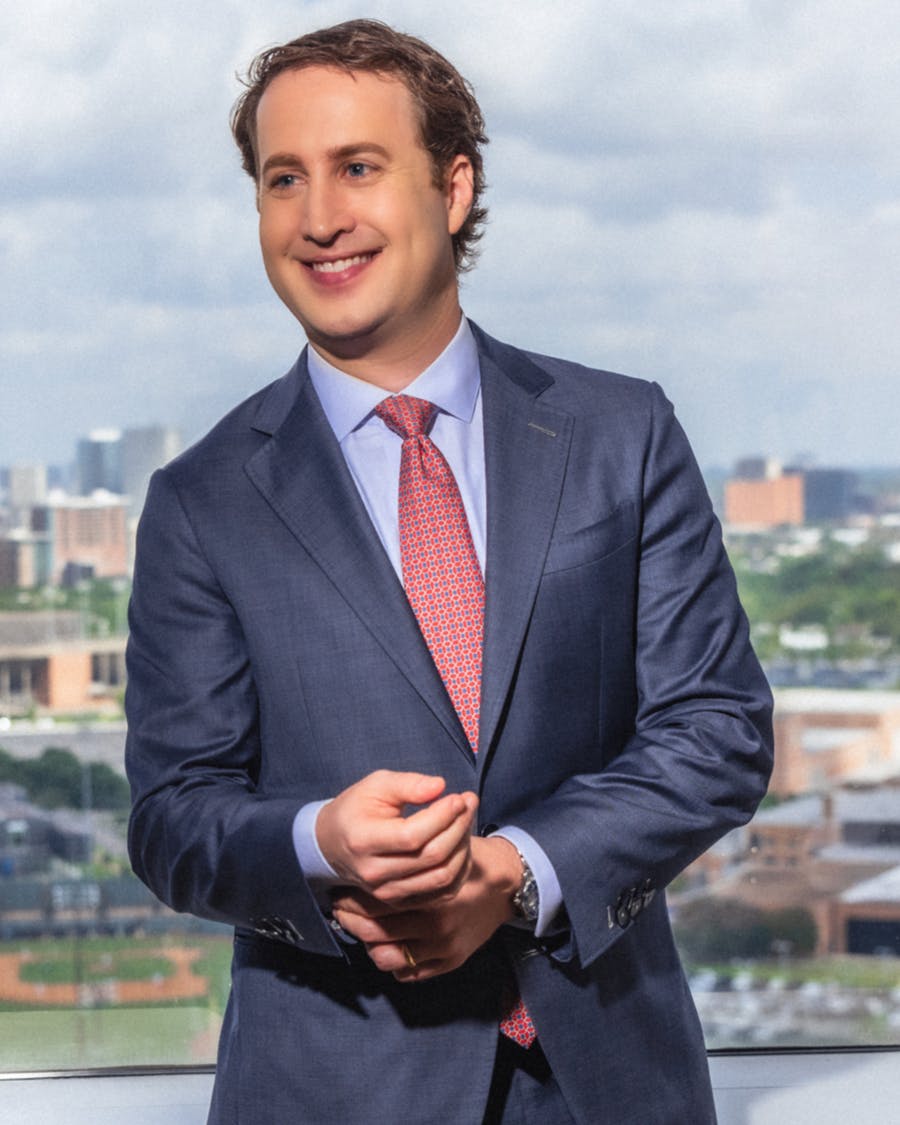Patients often wonder if their health insurance will cover the cost of a nose job. The answer to that depends on the patient's insurance provider and the reason for the rhinoplasty procedure. Most insurance companies consider rhinoplasty to be cosmetic surgery and, as such, will not cover the costs associated with the procedure. However, if the patient can prove that their nose job is medically necessary, for instance, if they have a deviated septum causing them breathing difficulties, health insurance may cover some or all of the cost.
Cosmetic rhinoplasty vs. functional rhinoplasty
When they think of rhinoplasty, most people think of correcting cosmetic concerns. A cosmetic rhinoplasty adjusts the size, shape, and symmetry of the nasal features. This can include decreasing the size or even increasing certain areas, sculpting away humps or bumps, refining the nasal tip, and must more. The primary purpose of cosmetic rhinoplasty is to achieve a more attractive nose. This type of rhinoplasty is elective, and it isn’t covered by insurance.
However, rhinoplasty is about much more than looks. Functional rhinoplasty is performed solely to resolve structural problems. This may include external or internal structures of the nose that need adjusting to achieve easy breathing, resolve excessive snoring, and other concerns, such as injury or trauma to the nose. This type of rhinoplasty is generally covered by insurance.

Common reasons for cosmetic rhinoplasty
By altering the shape of the nose, surgeons can help patients achieve a more balanced and symmetrical appearance. Cosmetic concerns addressed with a nose job include:
- removing a bump on the bridge
- narrowing the nostrils (or widening in some cases)
- changing the shape of the nose tip
- straightening a crooked nose
- changing the angle between the nose and upper lip.
Common reasons for functional rhinoplasty
In some cases, rhinoplasty can also improve breathing difficulties that are caused by structural abnormalities in the nose. Common medical reasons for rhinoplasty include:
- Deviated septum
- Injury to the nose
- Chronic nasal inflammation, often due to allergies
- Birth deformity

Can cosmetic rhinoplasty and functional rhinoplasty be done at the same time?
If you have a deviated septum, trauma, or a similar functional concern, but you also want to address the appearance of your nose, these two procedures can be combined. While a cosmetic rhinoplasty procedure is not aimed at addressing functional concerns, if the functional issue requires surgery to correct it, the cosmetic rhinoplasty will be performed to encompass the functional one.
In a case like this, if the surgical correction of the functional concern is deemed necessary by your insurance company, this type of combination rhinoplasty that addresses both the appearance and the function may be covered fully or in part by your insurance company.

How will my insurance company decide whether to cover my rhinoplasty procedure?
If you’re considering a nose job, and you think a functional issue may be cause for your insurance to cover it, consult with Dr. Eisemann. Dr. Eisemann will examine your nose, discuss your functional concerns, and ascertain whether he thinks your insurance company will cover the surgery based on your breathing issues. He will present the proper information to your insurance company to show that there is indeed a functional concern that should be covered.
Why choose Cosmetic Surgery Houston?
Dr. Michael Eisemann is a highly respected triple board-certified facial cosmetic and reconstructive surgeon who has been dedicated to his craft for over three decades. He has an exceptional eye for detail and a passion for his work, which is evident in his artistry and commitment to his patients. He is regularly sought out to lecture on the latest trends in facial surgery. If you are considering cosmetic enhancement or require reconstructive surgery, Dr. Eisemann can provide you with superior, natural-looking, and beautiful results.


